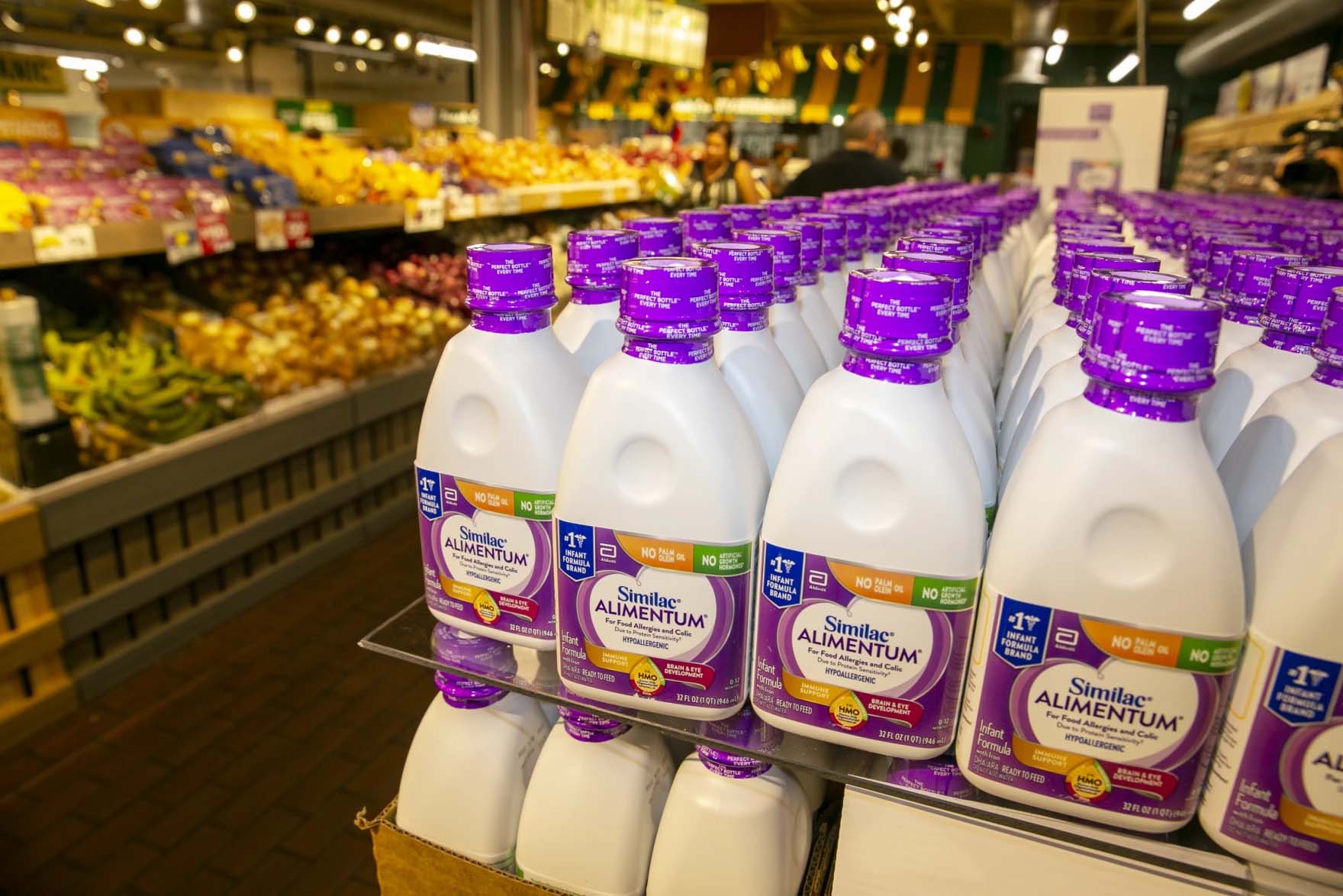From KERA News:
A key federal program that improves the health of new moms and their young kids is facing a looming budget shortfall that could leave as many as 2 million low-income families without help buying health food, formula and health care.
A new report from the Center for Budget and Policy Priorities, a Washington think tank, estimates that if Congress doesn’t increase funding for the Special Supplemental Nutrition Program for Women, Infants, and Children — better known as WIC — some 227,000 vulnerable Texans could be denied help they are entitled to.
“WIC’s funding needs have grown due to higher food costs, and because more eligible low-income families are participating, which is a good thing,” CBPP’s Vice President for Food Assistance Ty Jones Cox said. “But so far, Congress has failed to provide WIC the additional funding it needs to avoid turning away eligible young children and pregnant and postpartum adults with low incomes.”
WIC is a federally funded assistance program that helps low-income families with young kids pay for healthy foods like produce and milk, as well as formula. It also covers the cost of some basic health services.
WIC serves pregnant and post-partum parents and children under 5 in households that earn less than 185% of the federal poverty line, which is about $55,500 for a family of four.
Since the launch of the program, Congress has voted to increase funding for the program as enrollment has increased. But this year, amid Congressional gridlock, funding for the program has been left flat as enrollment has increased. Unless Congress fully funds the program, the CBPP warns, the program could have a $1 billion budget shortfall by September, leaving states to start denying people help they qualify for.
“Congress shouldn’t have let us even come close to this point,” Cox said. “We are wealthy nation that can afford to make sure toddlers have milk and vegetables.”
Without adequate funding, Cox said states would be forced to put eligible new and expecting parents and young children on waiting lists for nutrition assistance, jeopardizing access to proper nutrition and health care during an important window for child development.
Better outcomes
Research has shown WIC to be a cost-effective way to improve the health and well-being of new parents and young children by making sure they’re getting proper nutrition, can afford necessities, and access basic health services. According to the studies, pregnant WIC participants have longer and healthier pregnancies, fewer premature births and fewer fetal and infant deaths.
By improving nutrition and health care, moms and babies need less expensive medical interventions. One study found that each dollar spent on WIC results in between $1.77 and $3.13 in health care cost savings in the first six months after birth.
Dr. Sandy Chung, president of the American Academy of Pediatrics, said getting kids proper nutrition during periods of early brain and body development has a lifelong impact. Over the longer term, kids enrolled in WIC show better brain development and healthier bodies, they’re more likely to get immunizations and more likely to succeed in school.
“I think all of us are aware of how important fruits and vegetables are to our daily diet. And for our youngest who are living in families with low income, if they’re unable to access that, then we are essentially saying that their children won’t be able to receive those essential vitamins and minerals that help them to grow up to be healthy,” Chung said.
Increased participation is driven by a few things, Cox said. The combination of inflation — especially in food prices — with the reduction in expanded social safety net programs has squeezed many families with very young children.
She also points to success in identifying and removing barriers to enrollment among people who qualify for the help but haven’t signed up, especially families with one- to four-year-old kids. Without a fully funded WIC program, she warns, some of that progress could be lost.
Correction: A previous version of this story and accompanying audio interview said that diapers were included among WIC products. They are not.












